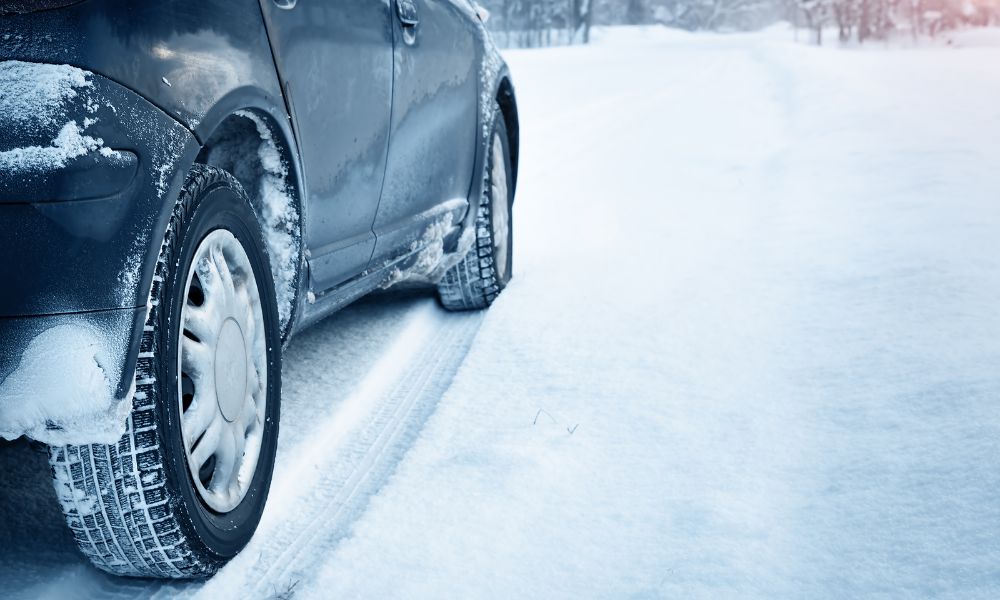5 Signs That Your Clutch Should Be Replaced

The clutch is essential for any manual transmission car, allowing the driver to change gears easily and efficiently by altering the torque transmitted through the drivetrain. Over time, this vital component can wear down and lose effectiveness, leading to decreased performance and potential damage to your vehicle. Drivers should always look for symptoms of an aging and decrepit clutch. Below, we'll highlight some prominent signs your clutch should be replaced.
1. Slipping Clutch
One of the most common signs of a failing clutch is slippage, which occurs when the clutch fails to fully engage, allowing the engine to rev without a corresponding increase in speed. This can happen during acceleration or when driving uphill. A burning smell or grinding noise often accompanies it.
Factors that contribute to a slipping clutch include:
- Worn or damaged clutch discs
- A leaking or contaminated clutch assembly
- Improper clutch adjustment or misaligned components
2. Hard or Stiff Clutch Pedal
A hard or stiff clutch pedal can indicate a problem with your clutch system, such as a blocked master cylinder, a failing slave cylinder, or issues with the clutch cable or hydraulic line. Poor pedal feel makes it difficult to engage gears and can lead to premature wear on other transmission components.
3. Spongy or Soft Clutch Pedal
In contrast to a stiff clutch pedal, a spongy or soft clutch pedal may signify a lack of hydraulic pressure in the clutch system. Common causes of a soft pedal include air in the clutch hydraulic line, a worn master or slave cylinder, or a damaged clutch fork. This can make gear changes difficult and, if you leave it unaddressed, it can lead to further transmission problems.
4. Grinding or Crunching Noises
Unusual grinding or crunching noises when changing gears can signify that the clutch isn’t fully disengaging, leading to gear synchronization issues. This can often result from clutch linkage problems, a broken or damaged pressure plate, or an overly worn clutch disc.
5. Poor Vehicle Performance and Increased Fuel Consumption
Decreased driving performance can indicate a failing clutch. It can manifest as sluggish acceleration or difficulty maintaining speed. Additionally, a worn clutch may lead to increased fuel consumption, as the engine has to work harder to maintain torque due to the inefficiencies in the clutch system.
Upgrade Your Clutch for Enhanced Performance
If you’ve noticed any of the above signs that your clutch should be replaced, you should act before more damage occurs. Luckily, as aftermarket flywheel manufacturers, Clutch Masters Industries can help you find the ideal high-performance clutch for your vehicle. Our clutches can provide your car with improved torque handling, smoother gear changes, and increased durability through their advanced materials and designs.
Don't let a failing clutch hold your vehicle back. Unlock the full potential of your manual transmission car by upgrading to a performance clutch from Clutch Masters Industries today.


